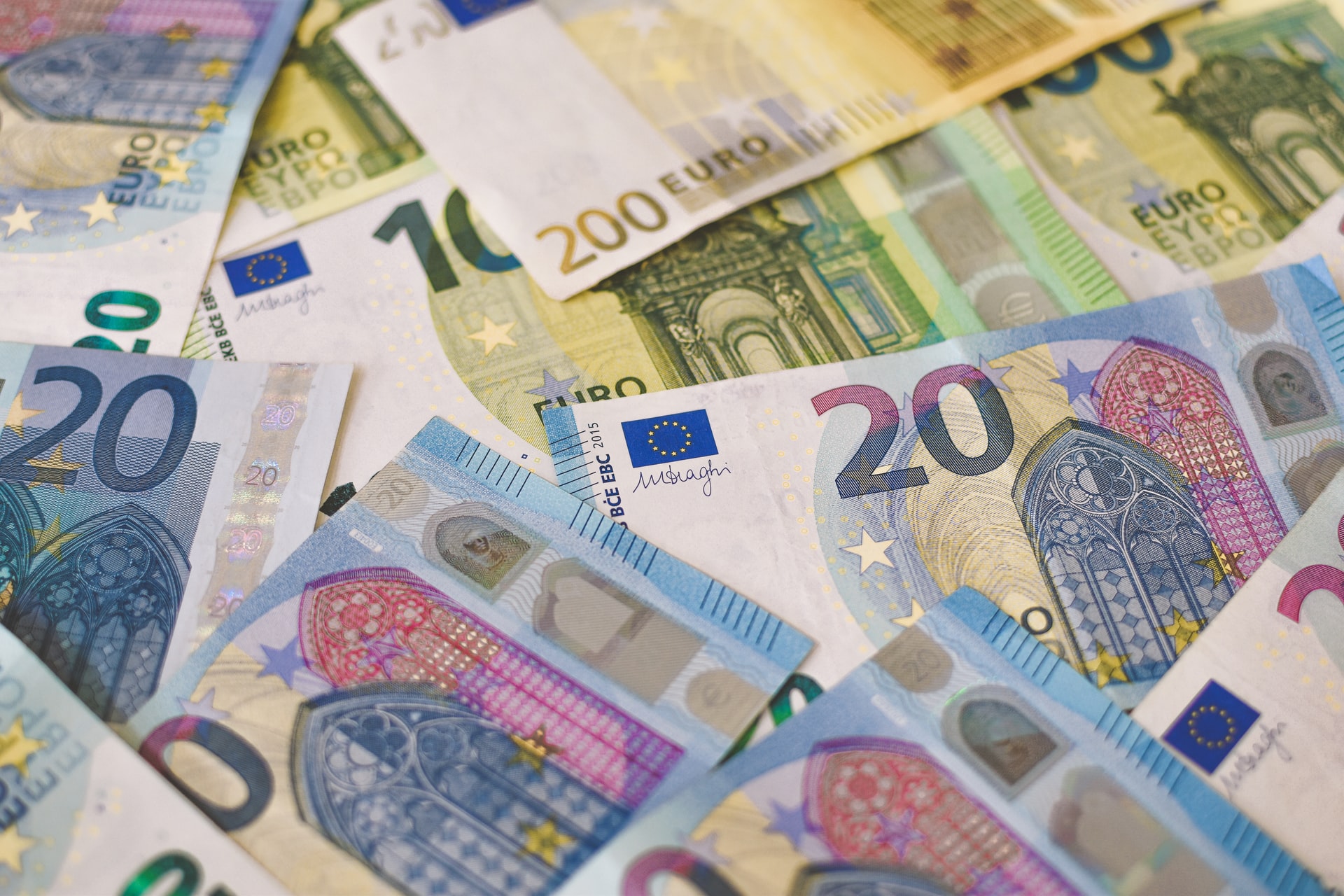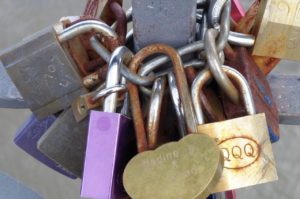Eins, Zwei, Drei: German Numbers
In this post you’ll learn German numbers and how to use them. So you’ll learn how to count in German, and then you’ll see how to use German numbers in practical situations. First, we’ll look at the basic German numbers from one to ten. Then we’ll see higher numbers. Finally we’ll see some examples of using numbers in conversation, for talking about prices, giving addresses and phone numbers, and more.
How to count in German from 0-10
Let’s start with the German numbers from null zero through zehn ten.
- zero null
- one eins
- two zwei
- three drei
- four vier
- five fünf
- six sechs
- seven sieben
- eight acht
- nine neun
- ten zehn
How to count in German from 11-19
Now let’s look at higher German numbers. 11 and 12 are a bit irregular in German, just like in English: elf and zwölf. For 13 trough 19, use –zehn much as you’d use –teen in English. Note that there are a few changes to the simple numbers though: sechs loses its –s, and sieben become sieb-.
- eleven elf
- twelve zwölf
- thirteen dreizehn
- fourteen vierzehn
- fifteen fünfzehn
- sixteen sechzehn
- seventeen siebzehn
- eighteen achtzehn
- nineteen neunzehn
How to count in German from 20-99
Next, let’s move on to Chinese numbers above 19. Here are the tens. Notice that the ones are added before the tens, connected with und (and), literally one-and-twenty, two-and-twenty, and so on.
- 20 zwanzig
- 21 einundzwanzig
- 22 zweiundzwanzig
- 23 dreiundzwanzig
- 24 vierundzwanzig
- 25 fünfundzwanzig
- 30 dreißig
- 40 vierzig
- 50 fünfzig
- 60 sechzig
- 70 siebzig
- 80 achtzig
- 90 neunzig
Higher German Numbers
And here are higher German number from 100 on.
- 100 (ein)hundert
- 200 zweihundert
- 300 dreihundert
- 450 vierhundert(und)fünfzig
- 1,000 (ein)tausend
- 2,000 zweitausend
- 100,000 (ein)hunderttausend
- 1,000,000 eine Million
Using Numbers
Let’s see some typical examples of how you might use German numbers.
- Zwei Glas Wasser, bitte.
Two glasses of water, please. - Einen Tisch für zwei/drei/vier/fünf, bitte.
A table for two/three/four/five people, please. - Wie spät / Wieviel Uhr ist es?
What time is it? - Es ist sieben Uhr abends / elf Uhr morgens.
It’s seven o’clock in the evening / eleven o’clock in the morning. - Die Zimmernummer ist 37 (siebenunddreißig), im dritten Stock.
It’s room number thirty seven, on the third floor. - Wie alt bist du?
How old are you? - Ich bin zwanzig / fünfunddreißig / fünfzig (Jahre alt).
I’m twenty/ thirty five/ fifty years old. - Wieviel kostet das?
How much does it cost? - Das kostet zehn Euro.
It costs €10. - Wie viele Schwestern hast du?
How many sisters do you have? - Ich habe zwei Schwestern.
I have two sisters. - Wie ist deine Telefonnummer?
What is your phone number? - Meine Telefonnummer ist neunundvierzig, vierzig, zwei acht acht acht null.
My phone number is 49-40-2880 - Wo ist das Hotel?
Where is the hotel? - Das Hotel ist in der Rothenbaumchaussee 10.
The hotel is at 10 Rothenbaumchaussee.
Do you want to learn German?
We hope you’ve enjoyed learning how to count in German, and how to use German numbers. If you’re interested in learning more, check out our other posts on German language, culture, and more. And if you’re looking for convenient and affordable live German lessons with a real teacher, check out The Language Garage German. Our lessons are given online in a virtual classroom, so it doesn’t matter where you live or work. We can come to you. And we have flexible options, with a free trial so that you can decide if there’s a fit. Check us out!
Photo by Ibrahim Boran on Unsplash






